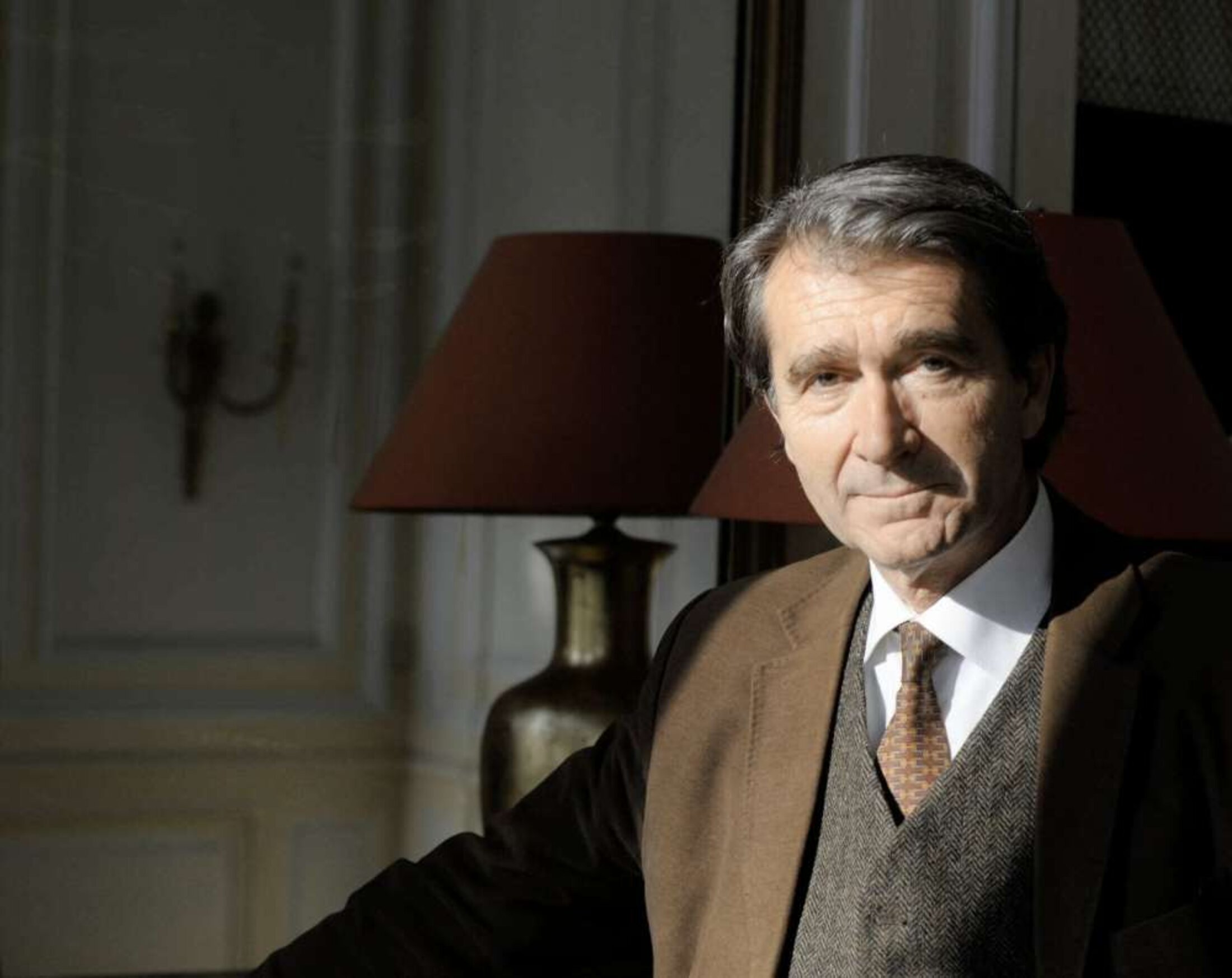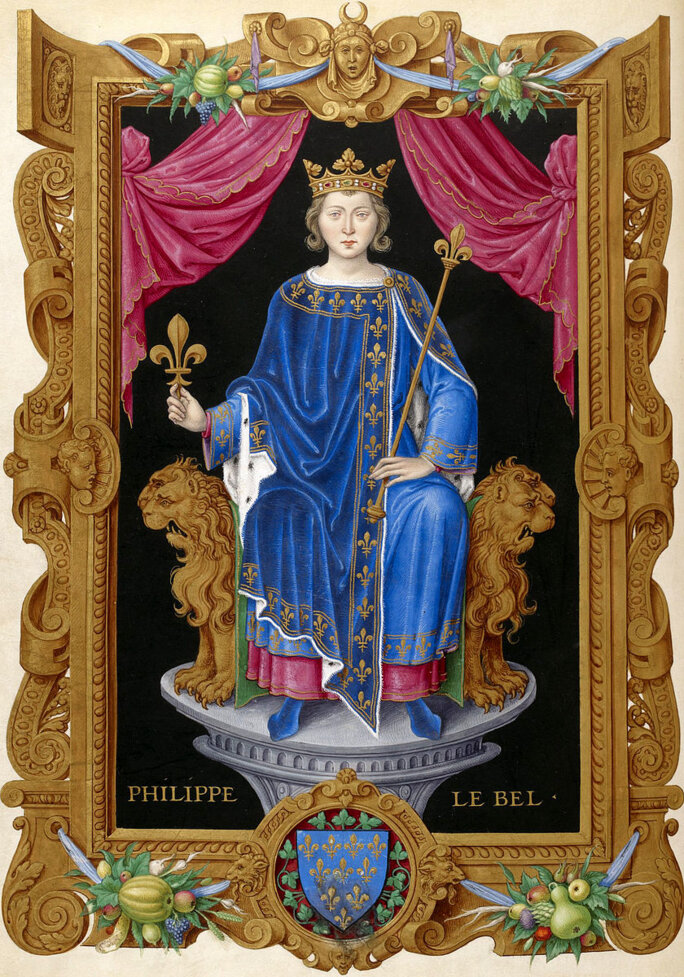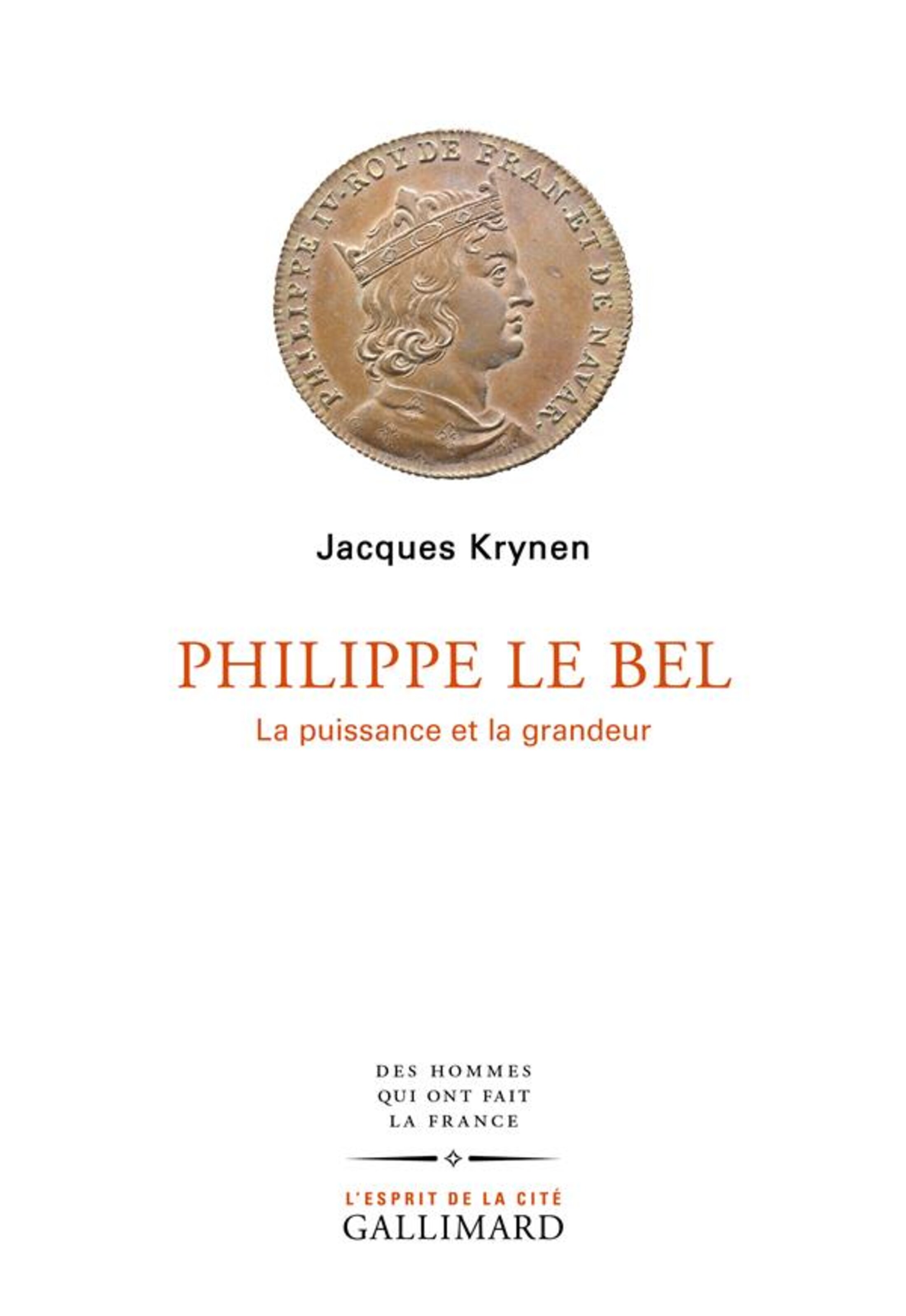In common with his predecessors, President Emmanuel Macron regularly indulges in distinctly 'Gaullist' rhetoric, suggesting that France has a specific role to play in the world and a 'standing' to maintain that sets it apart from other mid-ranking powers. But General Charles de Gaulle himself could not have been so obsessed by the “certain idea of France” that he liked to invoke had he not been able to fall back on historical conceits and feats that formed part of his own cultural baggage.
So where should we seek the origins of this tendency – detectable through different periods and regimes – for France to “see itself … and think of itself as greater than other nations”? According to historian Jacques Krynen in a recent essay, the answer to this question takes us back not to the time of this country's imperial and colonial domination, not to the Declaration of the Rights of Man and of the Citizen during the French Revolution, nor even to the absolutist pretensions of the Sun King, Louis XIV.

Enlargement : Illustration 1

Instead, according to this historian of law and institutions, one needs to go back right to the Middle Ages. That is the theory he proposes in his essay, 'Philippe le Bel. La puissance et la grandeur' ('Philip the Fair. The Power and the Grandeur'), whose subtitle gives a flavour of his theme. In popular culture this monarch, who reigned from 1285 to 1314, is best known for having been one of the protagonists in the well-known 'Les Rois Maudits' ('The Accursed Kings') series of historical novels by author Maurice Druon - they have twice been adapted for television - which tell the story of the twilight years of France's Capetian dynasty.
Jacques Krynen says that during Philip IV's reign a certain number of “institutional, intellectual and spiritual” structures sketched out the “character of a superior and dominant France”. In his foreword he writes: “Under the authority of a king who was still medieval, an ideological-political model of France was brought into being, an astonishing endeavour as what resulted from it were the main outlines of how power was to be conducted right up to the contemporary era.” This thesis is consistent with his earlier and acknowledged work in the field of state development at the end of the Middle Ages and of the political ideas that they draw on.
To support his thesis, Krynen has not given us a biography of Philip the Fair. Instead, he shows how the latter and his entourage crossed an irreversible threshold in the construction of a royal state, against a backdrop of the development of universities and the circulation of ancient and Arabic knowledge (well before the Renaissance). Theologians and jurists pieced together the founding arguments of a public power that was freed of its old feudal relationships, jealous of its independence from the papacy, and which claimed a monopoly over political authority in the form of 'supreme' power.
The royal state made its nest, like a cuckoo, in the measures devised by the Roman papacy.
While the history of ideas conventionally holds the 16th century jurist Jean Bodin to be the theoretician of sovereignty in France, Krynen points out that “theorising is not inventing”. In his view, Bodin “still owes a debt to the legal science of his predecessors at the end of the Middle Ages”. He is referring to those who “led the way in political-doctrinal reflection [which involved] emphasizing the superiority of the kingdom and of the king”. Indeed, from that time on, France became the country where central government had the biggest influence over the clergy and the aristocracy.
The king sought to levy taxes on a regular basis, to control the use of violence by the nobility, to broaden the field of secularism at the expense of ecclesiastical jurisdiction and so on. And he did so through unprecedented legislative activism, in which the importance of the style of writing is highlighted by Krynen. The legal texts begin with preambles that justify the legislation in the name of just causes that were not yet called “the general interest”; and they continued with measures that were set out with great assurance.
These legislative texts talk about the “authority” and the “abundant powers” of the king. These are terms that were deliberately borrowed from the papacy, in order to contest the claims of the latter to subordinate temporal power to spiritual power. “The great arguments of the royal entourage from 1290 to 1330 were pastiches of great papal texts,” Julien Théry, professor of history at Lyon 2 University, told Mediapart. “The royal state made its nest, like a cuckoo, in the measures devised by the Roman papacy.”
“It's a positive thing that Krynen evokes this religious dimension in the beginnings of the French state,” he said. “But in my view one has to take it all the way and acknowledge that there was an essentially religious foundation to the state's power, and to the type of legal normativity that it's based on.”
The sanctification of power and France's 'chosen mission'
However, what Krynen does, and what supports his view on the sources of national pride, is to highlight how far Philip the Fair went to compete with the pope's own mission.
It was in the name of “serving the faith” that the monarch moved onto the offensive against Pope Boniface VIII , and sought to get him to appear before a religious council in Paris in which bishops would sit in judgement. It was in the name of the fight against heresy that the king took on the Knights Templar whose Grand Master was burnt at the stake – this was the occasion in which the well-known 'curse' against the last Capetians was uttered.
On an intellectual level, Philip the Fair's entourage played the card of Christianising the monarchy to the maximum. They based this in particular on the canonisation of the king's grandfather Louis IX (1214-1270), who became Saint Louis, and on the legend that a dove brought a vial of holy oil during the baptism of Clovis (466-511), the first Merovingian king and unifier of the Frankish kingdoms in Gaul.

Enlargement : Illustration 2

In other words, over the centuries the French monarchy acquired a distinctive, exceptional status, rendering it superior to others and justifying the idea of the 'Most Christian King', one of the titles enjoyed by the country's monarchs until the end of the Ancien Regime in 1789.
“The 1300s mark an unrestrained public offensive in maximising the sanctification of the French monarchy,” writes Jacques Krynen, who believes that an “authentic royal theocracy” was highlighted as a contrast to the vagueness of the “pontifical theocracy”.
“At this time no other monarchy thought that it had an existential vocation to be superior to the pope and to assume leadership within Christianity,” says Julien Théry. “The sovereigns thought of themselves as the vicars of Christ, in competition with or superior to the vicars spiritual who were the popes.”
This approach was decisive domestically and also coloured Philip the Fair's external policies, and those of later kings, as he coveted the crown of the Holy Roman Empire and dreamt more broadly of European unity under French domination. “It was under his reign that it was openly proclaimed that, because God loved its kings so much, France was destined for invincibility and, beyond that, supremacy in the Christian world,” states Krynen.
Analysing this period simply through the prism of ideas obviously has its limits. Outside the realms of political thought, some episodes demonstrate a merciless quest for power and the enforced monopolization of political authority. The author cites such events but does not linger over them for long. Wary of being sucked into the emotion of historical anecdotes, Krynen is most fascinated by the “people of learning” who placed themselves at the service of the monarchy, and by the way in which an “alliance of power and knowledge” made a lasting mark on the conception of politics in France.
Yet it is still striking to be reminded of the bad treatment suffered by Pope Boniface VIIII, who died a month after escaping French troops who went to seize him in his summer residence. In the same way, the arbitrary nature of naked force was shown during the trial of the Templars, over a concocted plot that ended up with an unfair investigation marred by the use of torture.
One is irresistibly reminded of a scene from the Game of Thrones series. Faced with an ambitious adviser who declares that “knowledge is power”, Queen Cersei responds by threatening to have her guards cut his throat in order to remind him that “power is power”. History professor Julien Théry notes: “The law certainly contributes to giving form to the balance of power. But it's true that Krynen understates the extreme violence of that period then, the brutality by which the royal state imposed itself.”
Théry goes along with his distinguished colleague's conviction that the thirteenth century was the cradle of France's universal pretensions, leaving traces that are still visible to this day. Jacques Krynen himself does not really deliver the proof of this in his short essay, simply suggesting that the “wealth of historical superiority” that was created intellectually in “ancient France” was reinvested in the new France of the Revolution, the Empire and even the current Fifth Republic (without mentioning the lengthy colonial episode, which in fact reached its apogee during a republican regime).
Some see here a risk of essentialism - that it suggests France's characteristics are innate, inherent, or unchanging - but this is a view that Julien Théry rejects. “It's just about a construct, which was understood and lasted through many different avatars. The thirteenth century sources are clear: the French, and also Italians and Flemish, were convinced at the time that the French royalty, whom we must remember were at this time a demographic giant, were superior to others and had a chosen mission. If de Gaulle did what he did, it was because he was steeped in the knowledge of this history.”
At the very least, the bedrock of French culture bears the marks of this past, echoes of which still appear in public pronouncements. Recalling the claim by Emmanuel Macron that the French people had never really wanted their king to die, we should also remember his incredible comments reported by the Sunday newspaper Le Journal du dimanche in 2017: “I don't separate god from the rest. I make a link between transcendence and immanence.” Later Macron added: “I don't deny a Christian dimension.”
What adds to the interest in exploring the depth and origins of French pride is that, more now than ever, this superiority complex faces difficulties when it comes to making it real in practice, such is the gap between the stated ambitions and the resources available. De Gaulle partially succeeded in leaving behind the humiliation of wartime defeat in 1940, but this was through a determination that quickly found its limitations.
Stanley Hoffmann, a Franco-American American political scientist with a good understanding of France, once wrote about this country that “there exists a nostalgic nationalism, whose plan basically consists of distinguishing itself from others, and of dreaming of a national or European diplomacy and role which objective circumstances do their best to make impossible...” Those words were written in 1974.
***

Enlargement : Illustration 3

Jacques Krynen, 'Philippe Le Bel. La puissance et la grandeur', Éditions Gallimard, Paris, 2022. €17.
----------------------------------
- The original French version of this article can be found here.
English version by Michael Streeter


